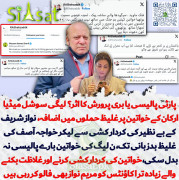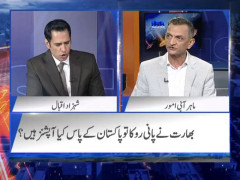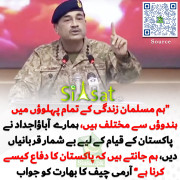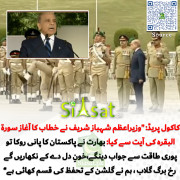mrcritic
Minister (2k+ posts)
Delhi deploys 'super monkey' security guards:lol:
Delhi authorities are to deploy a contingent of langurs -- a large type of monkey -- at Commonwealth Games venues to help chase away smaller simians from the sporting extravaganza.
From today, 10 langurs will be put on duty outside Games venues in the Indian capital, with the boxing and hockey stadiums seen as particularly vulnerable to monkey misbehaviour, an official said.
The New Delhi Municipal Council (NDMC) has a regular team of 28 langurs which are used to scare away their weaker brethren in VIP areas of the city, but 10 more have been brought in from the neighbouring state of Rajasthan
Monkeys are a common sight in the verdant Indian capital, where they routinely scamper through government offices, courts and even police stations and hospitals.
In 2007, the deputy mayor of New Delhi fell to his death after being attacked by a group as he read a newspaper on the terrace of his home.
Hundreds of monkey bites are reported annually in the city, partly as a result of devout Hindus feeding the animals during ritual offerings to the monkey god Hanuman[hilar]
source:http://news.ninemsn.com.au/article.aspx?id=8077614
Delhi authorities are to deploy a contingent of langurs -- a large type of monkey -- at Commonwealth Games venues to help chase away smaller simians from the sporting extravaganza.
From today, 10 langurs will be put on duty outside Games venues in the Indian capital, with the boxing and hockey stadiums seen as particularly vulnerable to monkey misbehaviour, an official said.
The New Delhi Municipal Council (NDMC) has a regular team of 28 langurs which are used to scare away their weaker brethren in VIP areas of the city, but 10 more have been brought in from the neighbouring state of Rajasthan
Monkeys are a common sight in the verdant Indian capital, where they routinely scamper through government offices, courts and even police stations and hospitals.
In 2007, the deputy mayor of New Delhi fell to his death after being attacked by a group as he read a newspaper on the terrace of his home.
Hundreds of monkey bites are reported annually in the city, partly as a result of devout Hindus feeding the animals during ritual offerings to the monkey god Hanuman[hilar]
source:http://news.ninemsn.com.au/article.aspx?id=8077614




































